The Bredesen Seven
The Bredesen Seven
Keep it Simple
To help demystify the “how-to” of the protocol so that it can become an intuitive blueprint for your life, we’ve created the Bredesen Seven (or B7), which is simply a term to describe the seven foundational strategies used in the Bredesen Protocol ®.
Each of the strategies alone has the ability to promote neuroplasticity — the ability of the brain to heal and grow new neurons, and synaptic connections in response to stimuli — but when practiced together, they create a powerful synergy.
The wheel is placed upon a base of mindfulness. Mindfulness, is a research-based mental training practice that encourages the ability to be fully present in a non-judgmental manner. We’ve learned that those who mindfully practice the protocol can more easily make decisions throughout the day that enable them to practice the protocol more successfully.
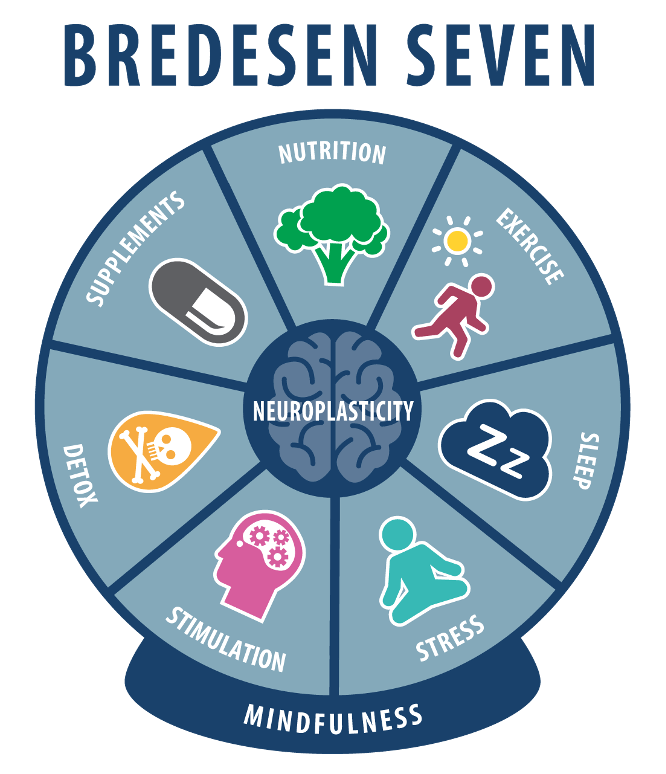
Seven Strategies to Optimize Brain Health
Next time the protocol feels overwhelming to you, please remember the B7. It’s just seven simple strategies — a different way of eating, living, and being — that creates neuroplasticity and leads to overall health optimization and improved cognition.

1. Nutrition
The most effective nutrition plan to support brain health is KetoFLEX 12/3 — a plant-rich, nutrient-dense, whole foods diet that emphasizes local, organic, and seasonal non-starchy vegetables from every color of the rainbow combined with an adequate amount of protein and generous amounts of healthy fat. KetoFLEX 12/3 is a diet that becomes a lifestyle because it also incorporates a long daily fast — a minimum of 12 hours, with at least 3 hours before bedtime. This approach utilizes multiple mechanisms to optimally support the brain to prevent and reverse cognitive decline, including increased energy (via ketosis), reduced inflammation, improved detoxification, metabolic, and vascular health.
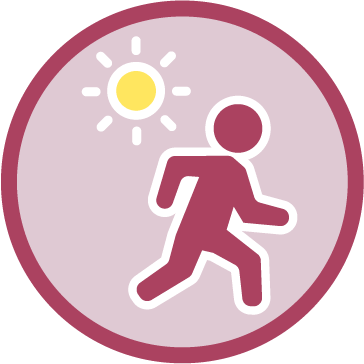
2. Exercise
Exercise increases cerebral blood flow and brain-derived-neurotrophic factor (BDNF), which has important cognitive support effects. Exercise also helps to improve oxygenation, improve sleep, reduce overall stress, optimize BMI (body mass index), improve insulin sensitivity, and improve overall brain and body physiology in numerous ways. Increase your movement throughout the day. Avoid sitting for extended periods. Incorporate a daily walk, preferably outdoors, and work up to a minimum of 30 minutes. Walk with a purpose, as if you were late to an appointment. Vary your speed and add periods of running as you’re able. Additionally, adopt a strength training program 3 to 4 times per week. Also, consider adding a mind-body practice such as yoga, tai chi, or even ballroom dancing. Exercise is one of the best ways to protect cognition and is also an important part of the protocol to reverse cognitive decline.

3. Sleep
Adopt a sleep hygiene program that allows you to get 7-8 hours of quality restorative sleep every night — without noise, lights, or Wi-Fi. Sleep is vital for memory consolidation and optimal functioning of the glymphatic system to clear cerebral toxins, including amyloid-beta. Additionally, sleep promotes metabolic health, reduces inflammation, and up-regulates the immune system. Obstructive sleep apnea, and other causes of reduced oxygenation, are emerging as important risk factors for poor cognitive health. Rule these out by checking your nighttime oxygen saturation, which can be done with a continuous pulse oximeter. If you are found to have sleep apnea, continue periodic monitoring to ensure that your treatment is effective.

4. Stress
Stress, especially chronic, unresolved, or severe stress, may be a key contributor to cognitive decline. While stress is unavoidable, you can learn to control your reaction to it. We encourage you to adopt a daily stress management practice that could include any of these: mindfulness, meditation, brain entrainments such as Neural Agility or EquiSync, Dynamic Neural Retraining System, HeartMath, prayer, tai chi, qigong, or yoga. Additionally, you can build daily stress management habits that include time for self-care, not over-scheduling, using lists, unplugging from technology, avoiding multi-tasking, exercising, and getting adequate quality sleep.
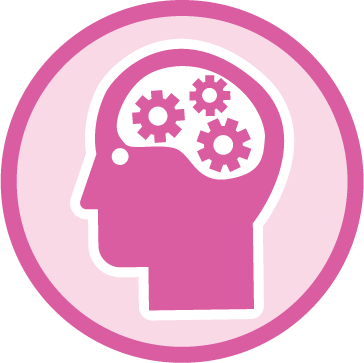
5. Brain Stimulation
It’s important to stay mentally active, to “upsize” our brains. Our brains continue to develop new neurons throughout our lives in response to social and mental stimuli to aid in healing from trauma or injury. You can upregulate this by staying socially active, building a support system, having a strong purpose in life, and engaging in lifelong learning opportunities. Additionally, even simple pleasures like listening to music and dancing can help to promote new neural pathways. Consider daily brain training to keep your brain challenged. Use BrainHQ or any similar program. Your goal is to work up to 90 minutes per week. Keep it fun and challenging with short daily sessions (12 to 13 minutes) per day, or if you prefer longer sessions, you can engage in three (thirty-minute) sessions per week.
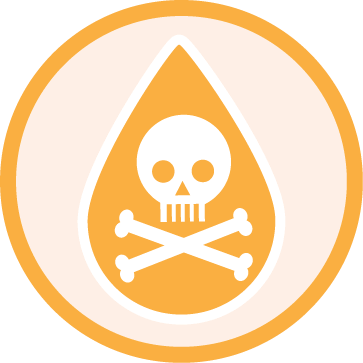
6. Detox
Avoidance of “dementogens,” chemical agents that impact our cognition, is a vital part of optimizing brain health. Ensure that the air you breathe, the water you drink, the home you live in, the food you eat, and the toiletries, cosmetics, and cleaning supplies that you use are as toxin-free as possible. It’s especially important to avoid exposure to mold, which is turning out to be a major contributor to cognitive decline, especially in genetically susceptible individuals. Additionally, practice good hygiene to reduce inflammation and maintain and keep intact internal barriers (gut lining, blood-brain barrier, oral, and nasal) as well as external (skin, nails, and hair). Oral health of your teeth, mouth, and lips is emerging as an important opportunity to intervene and protect your cognitive health, especially if the presence of mercury is high from dental amalgams, you experience frequent cold sores or have any of the signs of gum disease.
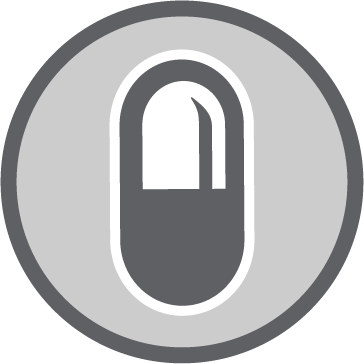
7. Supplementation
Supplements are supplemental, but if you’re suffering from a specific nutritional deficiency that affects your cognitive health, they can be a very important contributor to healing. In fact, Dr. Bredesen has specific biomarker goals for the nutrients that are necessary to optimize brain health. Given your unique genetics, level of stress, and other environmental impactors, your need for supplementation may change over time. In general, we find that the longer people practice the protocol —combining a nutrient-dense diet with a healing lifestyle — their need for supplementation decreases.
Next time the protocol feels overwhelming to you, please remember the B7. You needn’t worry about complicated roof repairs. It’s just seven simple strategies — a different way of eating, living, and being — that creates neuroplasticity and leads to overall health optimization and improved cognition.

